Niamh Delmar is a Chartered Registered Counselling Psychologist and provides Psychological Support Workshops to work environments.
In today's fast-paced society, parenting has taken on a multitude of roles and additional pressures. From navigating their children’s digital worlds to intensive school, emotional and social involvement, parents are stretched.
Combined with the demands from work and life, their psychological and physical resources are susceptible to depletion. Increasingly, people are presenting at GP surgeries, with mental health professionals or on medication feeling burned out from modern day parenting.
For many, having children was a dream come true but they can’t enjoy it, and precious time is passing them by. Juggling it all can be tolerated for short periods, but when ongoing, something has to give. Burned out parents can feel trapped and therefore experience more severe symptoms than job burn out. There is no HR, sick leave, holidays or options to move on.
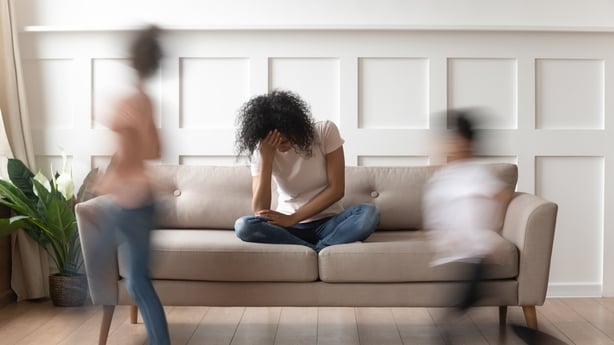
According to The International Journal of Environmental Research and Public Health, burnout is characterised by "emotional exhaustion, depersonalisation and a decrease in self-fulfillment."
It is an accumulation and continuation of stress. Ongoing chronic parenting stress burns out the individual. Symptoms include exhaustion, anxiety and irritability. The parent is overwhelmed and feels like there is nothing left to give. Anger outbursts then feelings of shame and guilt follow. The individual laments the type of parent they had hoped to be, and compares with others.
Feeling detached and disengaged inhibits connection. A lack of motivation may feature, with even the smallest task seeming unsurmountable. After a day’s work, or being with the children all day, the battery becomes totally flat. Physical symptoms such as headaches, tummy trouble and lowered immune system often feature. There can be a tendency to misuse alcohol or drugs. Disturbed sleep exacerbates irritability and low tolerance levels.
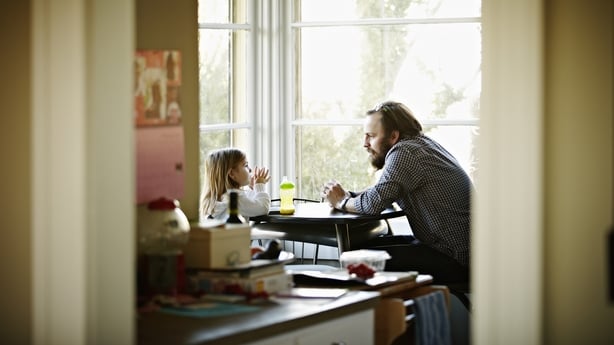
So who is most at risk?
Parents of children with complex needs, who are physically ill or with challenging behaviours are more vulnerable to burn out. However, any parent can be at risk. Research has found higher rates of parental burnout in the West than in Eastern countries. Our emphasis on competitiveness, achievement and coping alone tend to agitate the onset of symptoms.
A lack of support, financial insecurity, a conflictual relationship, co-parenting problems are also contributing factors. Some parents are already under the strain of multiple stressors such as caring for elderly parents, going through a bereavement, in stressful jobs or coping with illness.
A history of childhood trauma has been identified as a predictor of parenting stress, which can snowball into burnout. Personality types also respond to stressful situations differently. Individual differences, such as coping abilities, emotional intelligence, perfectionism and attachment styles have been associated with parental burnout.
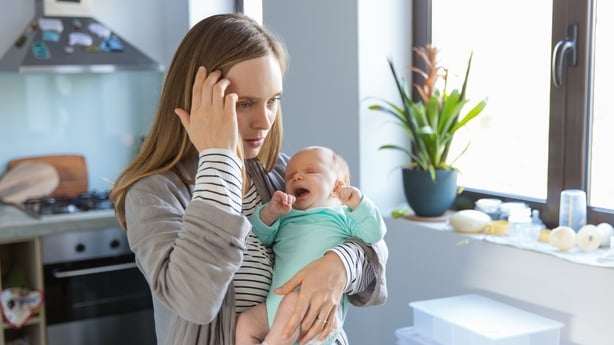
The fall-out affects family dynamics, the children, the partners’ relationship and the parent’s wellbeing. There is a deficit of fun and emotional connection in the family unit.
Studies show a relationship between parental burnout and adolescents’ problem behaviours, anxiety, loneliness, depression and aggression. Negative parenting behaviours and interactions get internalised. At the extreme level, burnout can contribute to parents being neglectful or violent toward their children.
What can help mitigate parental burnout?
As it arises from chronic stress, identification and intervention of symptoms can be preventative. Research reveals that 60 % of parents do not do anything to recharge. Finding healthy ways to wind down is essential.
Parents may turn to their phones and social media spending hours per day scrolling. Take some time to write out all the internal contributing factors such as perfectionism, trying to please everyone and comparisons. Then list the external factors and generate solutions, changes and options. Accept that you can’t be all things to everybody and ask for any help that may be available to you.
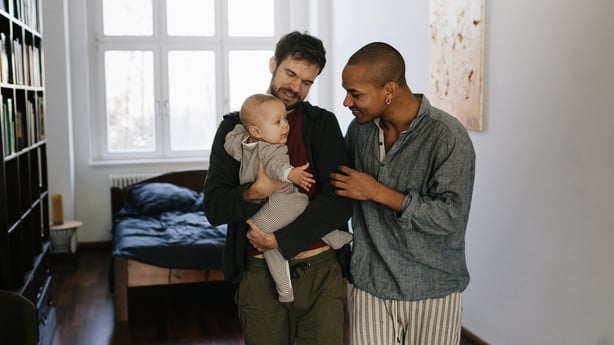
Re-evaluate and prioritise. Is it possible to cut back some work hours or create some healthier boundaries. Do you need to have the house in ship shape all the time? Realistic expectations and standards can buffer stress getting to another level.
Sleep is an opportunity to replenish resources drained form the day. Explore ways to get deeper phases of sleep by getting to bed earlier, switching off screens and being aware of the negative effects of alcohol on the following day. Be mindful of your inner dialogue and practise reframing.
For example shift from" I should be able to handle it all" to "I am exploring ways to help me cope better." Try to focus daily on what is going well in your parenting. Healthier reactions and psychological flexibility can be fostered. Social support provides an outlet to open up about your struggles and the challenges you face.
As a couple, ensure chores and childcare are fairly distributed. Carve out time and ways to nurture the relationship. Individual or family therapy can facilitate positive change and alleviate symptoms. Develop parenting skills with evidence based interventions, parenting groups and other resources.
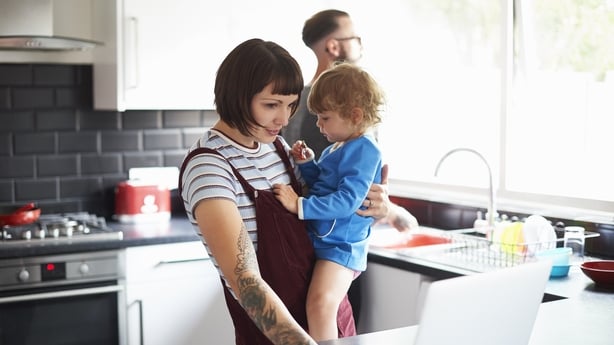
In this more child centred world, traditional old style parenting doesn’t work and neither does permissive ways. Reconnect with your family by engaging in activities together and lighten the family mood with some fun. Seek assessment and treatment for any underlying mental health conditions.
You can love your child and yet experience parenting as challenging and overwhelming.
Resources:
www.//parentline.ie
www.parentsplus.ie
On YouTube: Positive, Loving Parenting with The CALM Technique -Connected Parenting
On YouTube: The Body Scan with Jon Kabat-Zinn to use for mindfulness.
If you have been affected by issues raised in this story, please visit: www.rte.ie/helplines.
The views expressed here are those of the author and do not represent or reflect the views of RTÉ.

